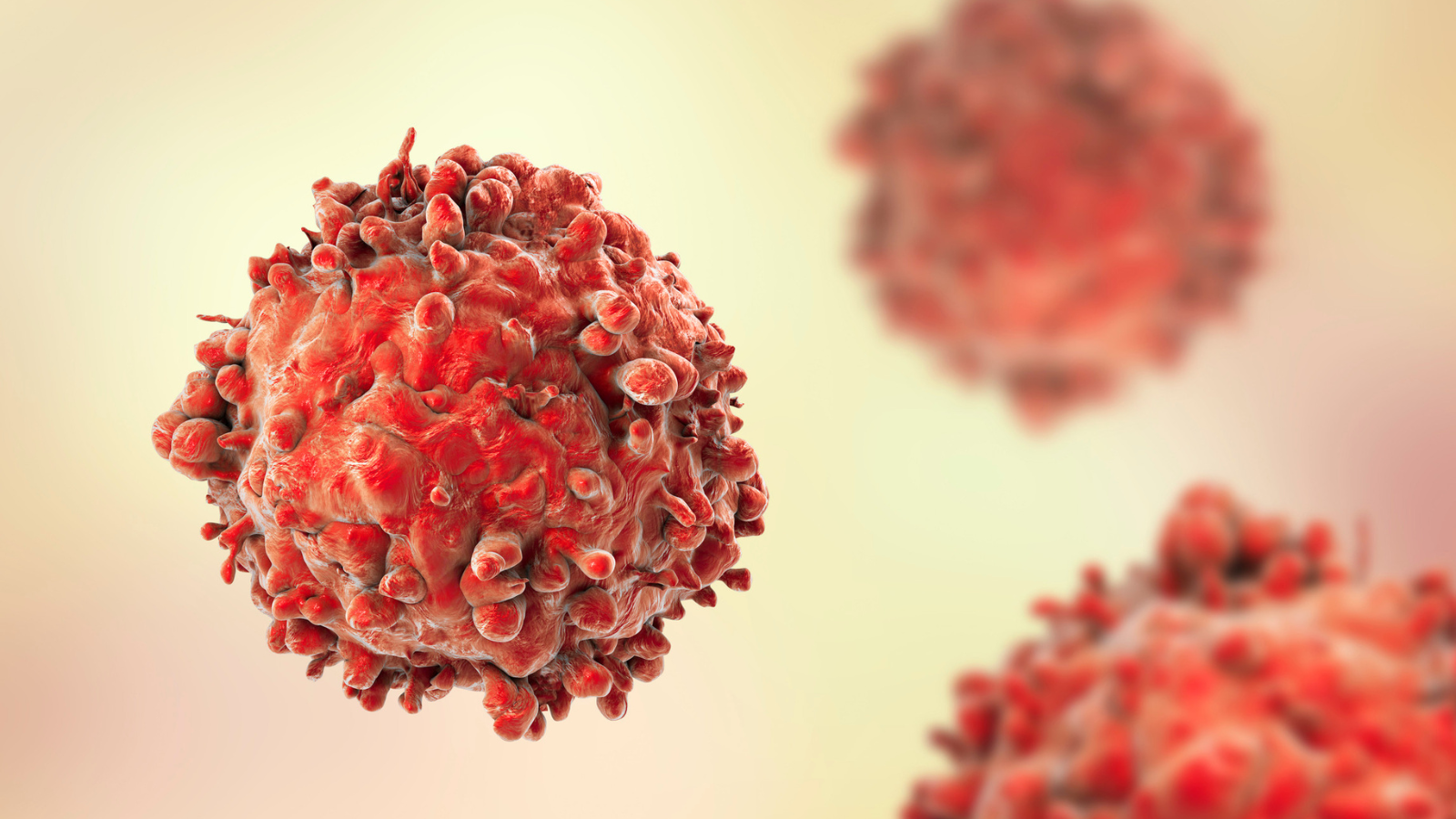Immuno-Oncology Vs Chemotherapy: Exploring Treatment Synergies

Immuno-oncology, a branch of science that utilizes the body's immune system to target and combat cancer, is revolutionizing the landscape of cancer treatments. As the potential of immuno-oncology grows, there's an emerging question on the horizon: can there be synergistic effects when combining it with traditional chemotherapeutic agents? By integrating these treatment modalities, are we enhancing the efficacy, or are we merely complicating the therapeutic profile with potential drug-drug interactions in cancer treatments?
Combination Therapy with Immuno-Oncology and Chemotherapy: The Rationale
Combining therapies isn't a novel idea. Historically, combinatorial approaches have addressed multi-faceted diseases from various angles, enhancing therapeutic efficacy. In the context of immuno-oncology, combination therapy aims to enhance the inherent strength of the immune system with the tumoricidal effects of chemotherapeutic agents. The hypothesis is simple: while chemotherapy damages or kills cancer cells, immuno-oncology treatments, like checkpoint inhibitors, can make these tumor cells more recognizable and thus more susceptible to immune attack.
Enhancing Chemotherapy with Immune Modulators
Several studies have delved into the intricate dance between chemotherapy and immune modulators. The core idea is to utilize chemotherapy as an agent that can prime the tumoral environment, making it more receptive to immune-modulatory therapies.
For instance, certain chemotherapeutic agents can induce a form of cell death known as immunogenic cell death (ICD). When ICD occurs, cancer cells release specific signals that stimulate an immune response against them. By coupling these agents with immune checkpoint inhibitors or other immune modulators, the idea is to amplify this response and enhance the killing of tumor cells.
A study on "Combination of Immune Checkpoint Inhibitors with Chemotherapy in Lung Cancer" published in National Library of Medicine showed that when combining doxorubicin, a conventional chemotherapeutic agent, with an immune checkpoint inhibitor, there was a substantial increase in tumor shrinkage in pre-clinical mouse models compared to either treatment alone. This signifies the potential synergistic effect of the combination therapy.
Drug-Drug Interactions in Cancer Treatments
However, combining treatments doesn't come without challenges. Drug-drug interactions in cancer treatments are an area of significant concern. The therapeutic window of many chemotherapeutic agents is narrow, and adding another drug into the mix can potentially amplify adverse effects.
But with diligent research and careful patient monitoring, many of these challenges can be addressed. Some studies suggest that sequential treatment, rather than simultaneous administration, may reduce potential adverse interactions. By fine-tuning the dosing schedules and choosing agents with complementary mechanisms of action, it might be possible to mitigate many of these concerns.
Case Studies in Combination Therapies
One of the most notable examples of the success of combination therapy in immuno-oncology and chemotherapy is the use of checkpoint inhibitors in combination with chemotherapeutic agents in non-small cell lung cancer (NSCLC). Clinical trials have shown improved overall survival and progression-free survival rates in patients receiving combination therapies compared to chemotherapy alone. The synergy between the drugs is believed to enhance the overall antitumor immune response, leading to better outcomes for the patients.
Another compelling example is the combination of platinum-based chemotherapy with pembrolizumab, an immune checkpoint inhibitor, for metastatic bladder cancer. The combination has shown promising results, with higher response rates and longer overall survival than with chemotherapy alone.
Future Perspectives
With the ever-evolving landscape of oncology research, the synergy between immuno-oncology treatments and chemotherapeutic agents promises a brighter future for cancer patients. By understanding the underlying mechanisms, tailoring treatment regimens, and closely monitoring potential drug-drug interactions, combination therapy might become a cornerstone of future oncology treatments.
In conclusion, while challenges remain, the potential benefits of combining immuno-oncology treatments with chemotherapeutic agents cannot be ignored. By uniting the power of the immune system with the proven effects of chemotherapy, we are on the brink of ushering in a new era of cancer treatment.
Want to read more about new advances in immuno-oncology and ongoing immune therapies? Sign up to our Immuno newsletter to receive leading experts opinions, research and cutting-edge presentations on the latest advancements in cancer immunotherapy, with dedicated sessions on different therapeutic modalities as well as case studies on innovative preclinical and translational tools.









